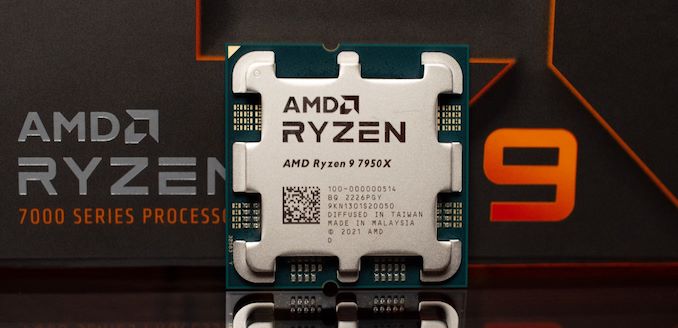- Joined
- May 6, 2019
- Messages
- 13,407
- Points
- 113
Ryzen users who prefer to take the more intricate and/or challenging route of unlocking the maximum performance of their processors may be mildly disappointed with the new Ryzen 7000X3D Series, according to AMD, which told members of the press that while the Ryzen 7 7800X3D and other new CPUs can be automatically overclocked with Precision Boost Overdrive (PBO) and tweaked further via Curve Optimizer, manual overclocking remains off the table.
See full article...
See full article...

